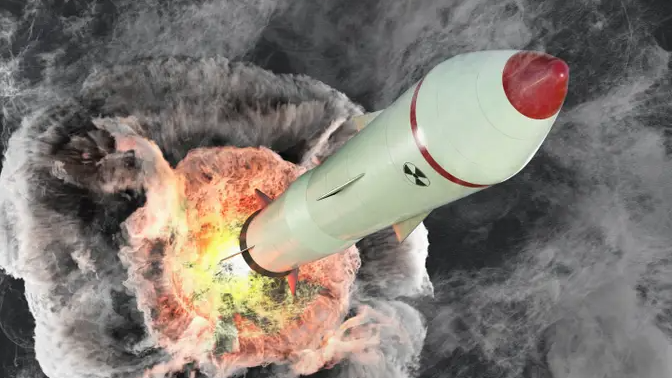Last Thursday, Vladimir Putin approved a legislation that annulled Russia’s 2000 decision to endorse a worldwide prohibition on nuclear testing. The Russian President argued that this step was essential to achieve nuclear equilibrium with the United States, as reported by the Associated Press.
The Comprehensive Nuclear Test Ban Treaty (CTBT) was established in 1996 with the aim of prohibiting nuclear test explosions on a global scale. Nevertheless, the treaty was not fully enacted due to the lack of ratification by various signatory nations, including the United States, China, Egypt, India, Iran, Israel, North Korea, and Pakistan.
In the previous month, President Putin stated that nullifying Russia’s endorsement of the treaty would align with the stance of the United States. In October, a bill was presented in the Russian parliament to annul the ratification of the CTBT, and both chambers voted in favor of the measure. Notably, the lower house unanimously supported the legislation on October 18.
Since Russia’s invasion of Ukraine in February 2022, there has been a notable concern about the possibility of Moscow resuming nuclear testing to dissuade NATO from continuing its support for Ukraine. Nevertheless, some prominent figures in Russia have publicly supported the idea of resuming nuclear tests.
Putin has indicated that he hasn’t taken a clear position on the matter, despite some experts suggesting the need for nuclear testing. Sergei Ryabkov, the Deputy Foreign Minister of Russia, declared last month that Russia would adhere to the ban unless the United States initiates testing first.
Last month, Patricia Lewis, who serves as the head of research in international security at the London-based think tank Chatham House, informed the Associated Press that even if Russia withdraws its ratification of the CTBT, it still maintains its status as a signatory, indicating that Moscow continues to commit to the treaty’s provisions.
Simultaneously, Lewis noted that Russia’s actions signify a breakdown in the established safeguards and mechanisms designed to regulate the spread of nuclear arms.








